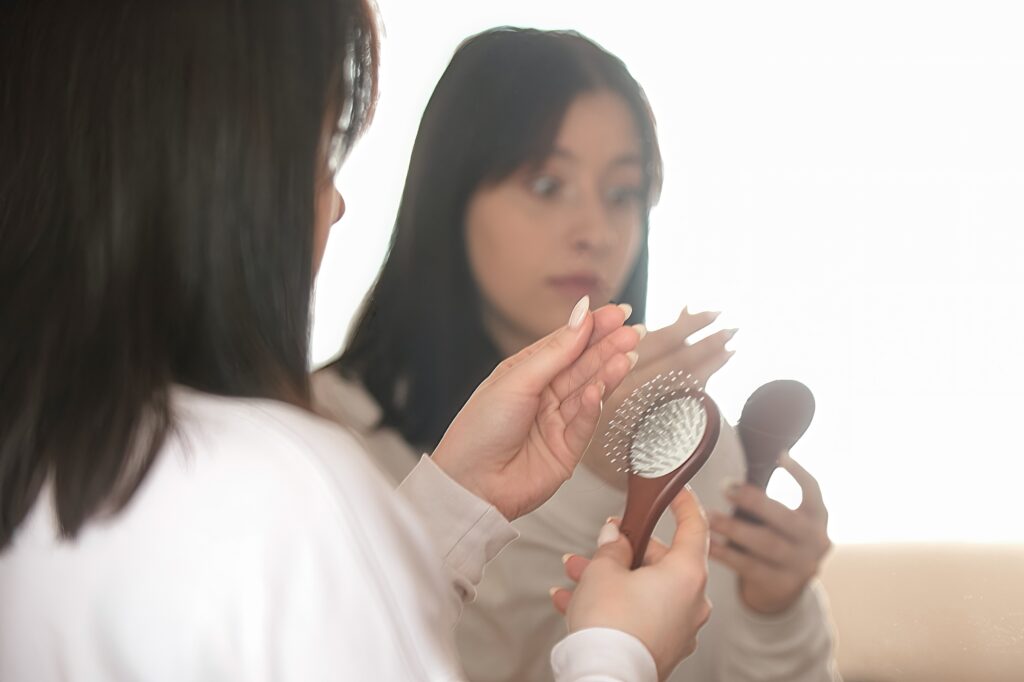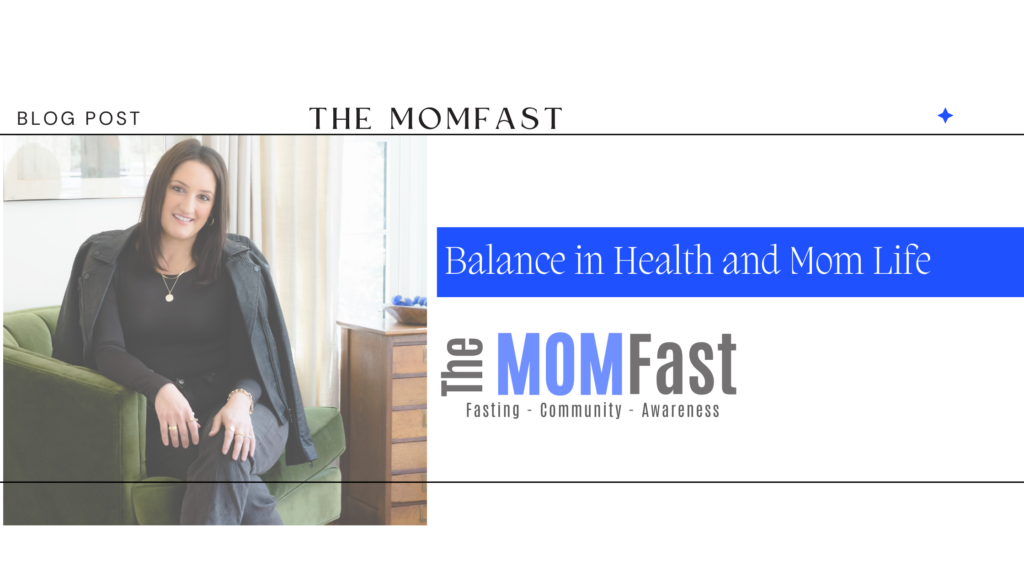Oops, I Intermittently Fasted My Way into These 9 Weird Side Effects: Intermittent Fasting Side Effects And How I Fixed Them!

Intermittent fasting side effects have been increasing in curiosity these days. Since IF is all the rage, with everyone from celebrities to your next-door neighbor trying it out.
It’s a great way to lose weight, improve your health, age backward, and boost your energy levels.
But did you know that there are some weird side effects that come with this way of eating?
As a busy mom myself, I’ve experienced some of these side effects firsthand, and I’m here to share my knowledge with you.
So let’s dive in and explore these weird side effects, their causes, and solutions.
#1 Bad Breath:
Yes, you read that right. Bad breath is one of the most common side effects of intermittent fasting.

When you fast, your body starts to burn fat for energy. This process produces ketones, which can cause your breath to smell bad.
The good news is that this is a temporary side effect, and it will go away once your body adjusts to fasting.
In the meantime, use this mouthwash when my mouth is feeling funky, and drink plenty of water to freshen my breath.
#2 Headaches:
Another common side effect of intermittent fasting is headaches.
When you first start fasting, your body is adjusting to a new way of eating. This can cause headaches, especially if you’re used to eating a lot of sugar and processed foods.
The good news is that this side effect is also temporary, and it should go away after a few days.
In the meantime, you can try drinking more water, getting plenty of rest, and taking over-the-counter pain medication if necessary.
#3 Mood Swings:
Intermittent fasting can also cause mood swings, especially in the early stages.
When you’re hungry, your blood sugar levels can drop, which can lead to irritability, anxiety, and depression.
The good news is that these mood swings should also go away once your body adjusts to fasting.
In the meantime, you can try practicing mindfulness and meditation, taking 5 deep breaths that are 5 seconds in and 5 seconds out, and reminding yourself that the mood swings are temporary.
#4 Digestive Issues:
Some people experience digestive issues when they start fasting, such as constipation or diarrhea.

This can be caused by a change in your gut microbiome or the fact that you’re not eating as much fiber as you used to.
The good news is that you can prevent digestive issues by eating plenty of fiber-rich foods, such as fruits, vegetables, and whole grains.
I also drink a lot of water and try to get 3 Quarts in per day which keeps things moving and shaking.
You can also take probiotics or digestive enzymes to help regulate your gut microbiome.
#5 Insomnia:
Intermittent fasting can also disrupt your sleep patterns, especially if you’re fasting for long periods of time.
This is because your body’s natural sleep-wake cycle is regulated by hormones, such as cortisol and melatonin.
When you fast, your hormone levels can fluctuate, which can disrupt your sleep.
The good news is that you can prevent insomnia by practicing good sleep hygiene, such as going to bed at the same time every night, avoiding caffeine and alcohol, and creating a relaxing bedtime routine.
#6 Decreased Libido:
Another weird side effect of intermittent fasting is decreased libido.
This can be caused by a drop in testosterone levels or an increase in stress hormones.
The good news is that this side effect is also temporary, and it should go away once your body adjusts to fasting.
In the meantime, you can try taking supplements, such as zinc or magnesium, to boost your libido.
#7 Hair Loss:
Some people experience hair loss when they start intermittent fasting.

This can be caused by a lack of nutrients, such as protein or iron, that are necessary for healthy hair growth.
The good news is that you can prevent hair loss by eating a balanced diet that includes plenty of protein, iron, and other essential nutrients.
You can also take supplements, such as biotin or collagen, to help promote healthy hair!
#8 Light-Headedness:
Light-headedness is a common side effect of fasting, particularly during the first few days or weeks of starting a new fasting routine.
The main cause of light-headedness during fasting is a drop in blood sugar levels, which can lead to a feeling of dizziness or lightheadedness.
To combat light-headedness during fasting, it is important to stay hydrated by drinking plenty of water throughout the day.
In addition, consuming electrolytes such as sodium, potassium, and magnesium can help to maintain proper fluid balance and prevent dehydration. I use and LOVE these Fasting Salts.
#9 Cold Hands and Feet:

During fasting, your body conserves energy and reduces blood flow to your extremities, causing cold hands and feet.
Try warming up with a warm drink or snuggly blanket, hot showers, and fuzzy socks, Costco has great options. Here is a TikTok I did on this side effect.
I may earn a small commission from these affiliate links but don’t worry, I won’t be retiring to a tropical island anytime soon. My kids will still be asking me for money for the ice cream truck.
Check out my FREE women’s cycle fasting cheat sheet, Amazon Store Front, and my Top 8 products to make your fasting lifestyle easier.
XO,
Amber







Responses